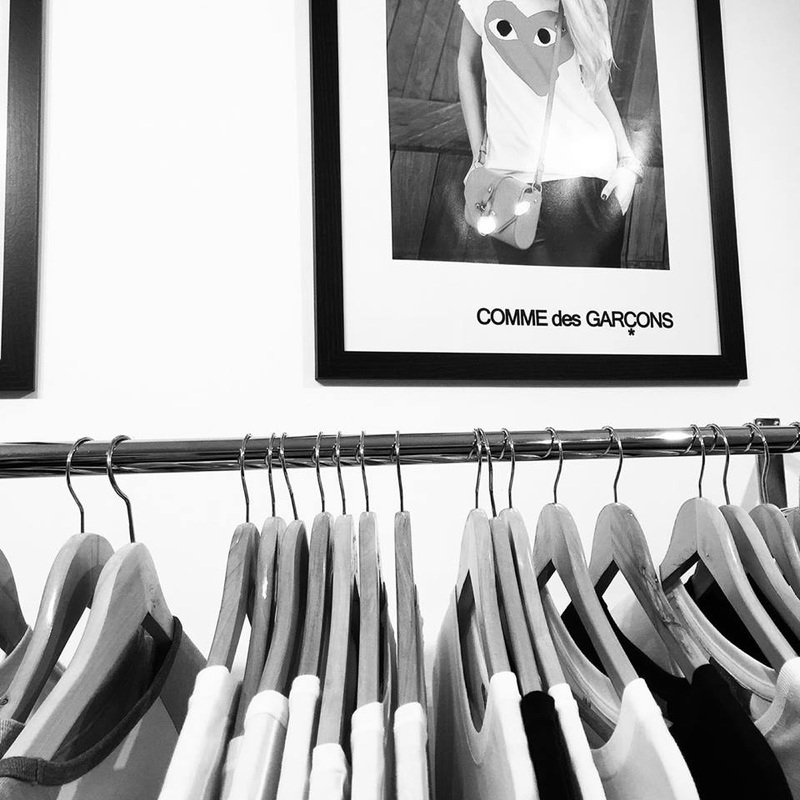Paul Stephenson talks about the importance of having the right kit and runs through some options
I’ve seen her on fire; stood alone at night and wondered at all the switches valves and wires; watched her lying idle, not a single job to do and wished she’d pay her way — and then seen the monster awake, hissing and banging at speeds that would blow Fred Dibnah’s cap clean off.
I am of course not referring to my wife, oh no, this month we’re going to have a look at your equipment, because when the smoke has cleared and the screens have stopped snapping, when the monster sighs and lays down her arms for a while we all wonder: ‘Have we got the right kit?’ The honest answer as usual is I’m not sure, so what do we have to consider?
Life isn’t a cabaret, it’s a carousel, so we may as well start there. Is big beautiful? Depends which women’s magazine you’re reading, but generally in this case I think not. It’s very tempting with all the cheap second hand machines on the market to go out and buy a 24-head threshing machine, built in 1840 by a man with un-feasible side burns and a top hat. They can look impressive (I’ve got one with a flashing red light on top), but sadly you then need a football pitch to house the thing and England will have learnt to play the game by the time you’ve set your first job up. It’s not for no reason that machinery suppliers are focusing on small but quick automatics, so unless Esso decide it’s a free T-shirt with every litre and you’re getting the order, maybe steer clear of models called Elephant or Ark Royal.
That’s if you decide to go automatic of course, which leads us to the most fundamental business decision. Automate and no matter how hard you try, you’re likely to go in search of volume, which means when pricing you’re in a gloves-off ring on the wrong side of town with a big bloke from Turkey. This can end up with your customer smugly informing you that not only can they get the print for 15p, it will be delivered by dancing girls out of an exploding cake — can you beat that? Choice of kit can secretly lead you down these roads, so maybe that’s another reason to keep that auto small and affordable, or stick to a few decent manuals and concentrate on low volume, high margin end user business, in a word.
So it’s straight off those spinning plattens and onto the dryer; now contrary to what the lads at my place will tell you, a good dryer is not measured by its ability to evenly warm a Ginsters pie, or quick dry your pants after you’ve blasted 30 screens into next week. It has to keep up with the carousel (so get the right belt width), and it has to answer the question: gas or electric?
There are enough affordable gas dryers knocking about these days that I really can’t see the case for the more expensive to run electric ones (although they’re cheaper to buy) — unless of course someone has worked out that electric are more ecologically sound and kill fewer polar bears. Be careful to get second hand dryers fully inspected though, and not just to avoid going blue and being found gassed with a smile on your face. I once saw an unfortunate woman have her skirt fully removed by an externally mounted fan. I say unfortunate because she was wearing XXXL harvest festivals, with everything gathered in. Not happy. And then there are all the ancillary bits and pieces:
Flash Curers — just what you need for setting fire to those garments while you’re having a fag and looking out the window. All you need to decide really, I guess, is whether to use free-standing or integral in the case of autos (I find free-standing more versatile Margery), and whether you want them on all the time or to flash on with a sensor. Other than that it’s sometimes easier if they have a cartridge style element, so when it inevitably blows you can just slide in a replacement. Compressors — screw not pump, if you can afford it.
Screen cleaning machines — I’d love one. Pop in the screens, have a flick through the Racing Post and ping, they’re nice and clean. Only thing between me and one of those babies is 30 large. Light sources — just get good strong lamps and try and dissuade the staff from using them as a cheap tanning salon.
Wash out booths — nice and big so you can get a couple of screens in at the same time. I dream of having one that’s back lit so I can see any screen blocks, but then I don’t get out nearly enough these days.
Krebs gun — a must. A good printer can print a square of plastisol and then blow the design out with cleaning fluid. Also useful for taking out annoying insects mid flight.
Screens – I won’t bang on about them here, you know the score: aluminium not wood, and if the mesh in any way resembles Nora Batty’s stockings, it’s time to go. Get a good range of mesh counts, some yellow for your process work, and keep them squeaky clean, people, it’s the only way. Having said that, if there’s anyone out there who has ever worked with me, I know, you’ve seen me try and set up 10 colour prints through screens that look like they’ve been stretched with a trucker’s grundies — just don’t tell anyone, okay.
You could get clever and also go for some kind of screen stretching device or a left handed squeegee blade sharpener; or even invest in one of those Bond villain mechanical hands, that removes the T-s from the carousel and drops them on the dryer. But if you want to show off that much just get yourself a £200 car and then spend 12 grand on plastic skirts and a bean tin exhaust — girls will think you’re really clever.
But above all, there is one piece of kit that must be chosen more wisely than all the above — the tea urn. I refer you to my proudest possession, the Darjeeling Deluxe, capable of 600 cups an hour if you get the tension right on your tea bag.We saved £842.50 in down time last year by having readily available hot water.
The printers talk nostalgically about the age of steam, when a man could happily watch a kettle for 10 minutes while climbing the intellectual peaks of the Daily Sport, but that my friends, is progress.
Cheers,
Paul
www.october.co.uk












